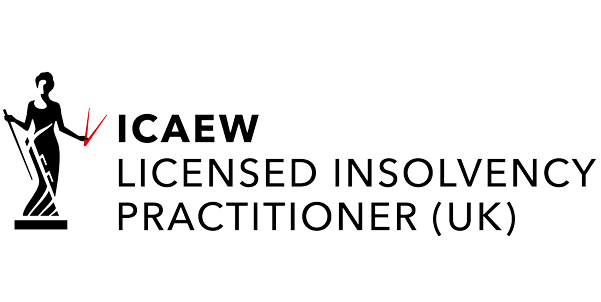Insolvency Closing Services | Harveys Insolvency & Turnaround
Closing Services
CREDITORS VOLUNTARY LIQUIDATION | COMPULSORY LIQUIDATION | COMPANY DISSOLUTION & STRIKING OFF APPLICATIONS | WINDING UP PETITIONS
Are you thinking about closing your company?
Call us today, we can help.
The UK insolvency legislation is a minefield to interpret if you are not familiar with its meaning. The best person to tell you what is the right outcome for your business is a licensed Insolvency Practitioner (IP) .
A director or shareholder of a business, or someone who is owed money & payment is overdue (a creditor), is entitled to start the closure of a business. Each formal insolvency legal process has qualifying factors & gives varying powers to the IP when appointed & can affect the outcome for all involved.
If you have financial pressures that you cannot see an end to, you should contact us to seek our specialist advice.
Take advantage of our FREE initial consultation & get the right advice for your business.
“…I highly recommend Harveys Insolvency & Turnaround for a professional & human approach in difficult circumstances….”
Creditors Voluntary Liquidation (CVL)
If you can answer yes to any of the following, you need to call us for free initial advice:
✔ HMRC PAYE/VAT red letters or pressure?
✔ Unpaid CCJs - County Court Judgements?
✔ Enforcement Agents' notice to call?
✔ Unaffordable employee reduction costs?
✔ Spending all your time fighting off creditors & not on your core business?
✔ Rent arrears &/or unaffordable premises?
Compulsory Liquidation
Compulsory Liquidation is an 'in court' process usually commenced by a creditor of the company for monies they are owed, but can be commenced by the directors or shareholders. This is mostly applied where the company cannot afford to wind up using the CVL process.
To start the process, a petition by a creditor for the winding up will have been presented to the company at its trading premises &/or registered offices. It is highly likely that this would have been preceded by a statutory demand &/or a County Court Judgement
(CCJ) .
We recommend that you nip this situation in the bud & seek our professional advice as early in this process as possible since, the further in you get, your options & ability to control are gradually diminished.
Directors frequently inadvertently act wrongfully. There are many things a director can innocently do wrong, for example:
- When a petition is issued, it will be advertised before a court hearing & it is likely that the bank will freeze the company’s bank account. This is debilitating;
- If after petition you dispose the assets of the company outside normal trading, or incur debt you do not pay, it can cause directors personal liability.
When the petition is heard at court, a winding up order can be made. The directors will be sought to surrender to the Official Receiver
(OR) , a civil servant, who will promptly seek to protect the assets, establish your reason for insolvency & investigate the conduct of the directors. The OR is not commercial in their actions, they are not your advisor, they carry out a statutory duty.
This gives you the picture that the process has been a long time coming & most directors have time to prepare themselves & seek out alternative solutions to a compulsory winding up, which are more likely to produce a more positive outcome for creditors, employees, directors & shareholders.
If your company has a CCJ, statutory demand or winding up petition has been served, don’t waste any more time & call us immediately; we will act quickly to help you establish an alternative solution.
Company Dissolution & Striking Off Applications
HMRC have petitioned for my company's winding up & I don't know what to do next. Help!
Act fast to ensure you get the outcome you want.
Winding Up Petitions
If your company receives a winding-up petition, it is the start of a legal process which, if not dealt with promptly, could result in:
- your company bank account being frozen;
- its compulsory liquidation;
- closure of the business without consultation; &
- sale of its assets by the OR or the appointed Liquidator.
By seeking our professional advice quickly you can best defend against the petition & maximise the chances of reaching a more favourable outcome.
Act now before it's too late.







